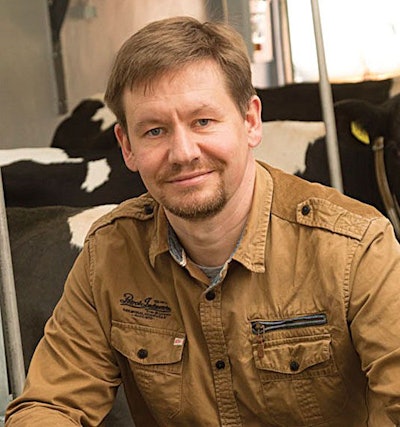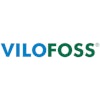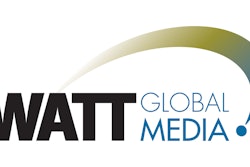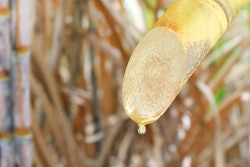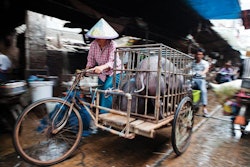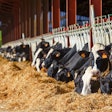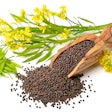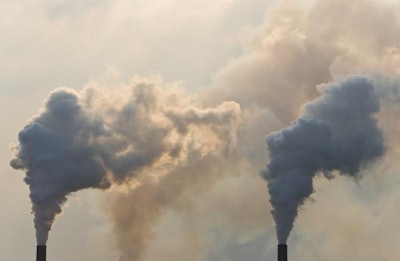
Governments worldwide are being urged to take steps to slow global warming, citing that, without adopting major changes, an increasing global temperature will threaten food security and produce many adverse environmental and societal consequences. With the belief that animal agriculture greatly contributes to greenhouse gas production, consumers are looking to animal protein producers to adopt sustainable practices and reduce livestock and poultry emissions.
European agriculture overall is well on its way to decreasing its greenhouse emissions by 2030, despite intensification in animal protein production. Over the next decade, the amount of non-carbon dioxide greenhouse gas (GHG) emissions, such as methane and nitrous oxide, generated by animal agriculture will drop by 1.5 percent; ammonia emissions will decrease by 10 percent, the European Commission (EC) reports.
The EC attributes its forecast for decreased GHG emissions in animal production to technological advances and better agricultural management. For nutritionists and feed producers taking a holistic look at environmental stewardship, one may ask: What role do feed additives play in GHG reductions?
Speakers at the Feed Strategy Seminar, “Feed additive solutions for reducing emissions in livestock and poultry production,” to be held on June 13, will address this question. During the event, three presentations will explore the role feed additives can play in improving public perceptions, reducing emissions, strengthening gut health and promoting feed efficiency.
The 90-minute session, presented by Feed Strategy magazine and WATT Global Media, will be followed by a question-and-answer session with the speakers and members of the live audience.
For more information, visit www.wattglobalmedia.com/live-events/feed-strategy-seminar-victam/.


